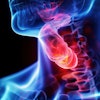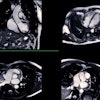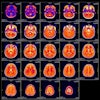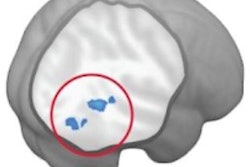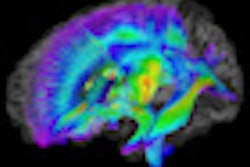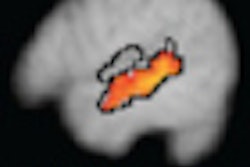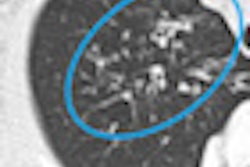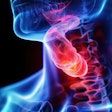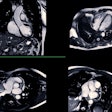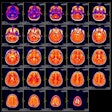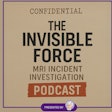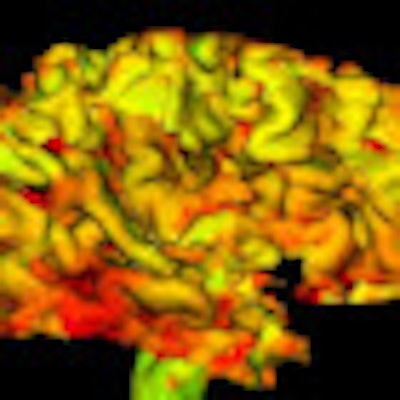
Using MRI, researchers at the University of North Carolina (UNC) at Chapel Hill found that autistic children who had enlarged brains at age 2 continued to have enlarged brains at ages 4 and 5, according to a study published in the May issue of Archives of General Psychiatry.
The recent study is a follow-up to 2005 research, which discovered that 2-year-old children with autism have brains as much as 10% larger than children of the same age without autism. The latest study also concluded that the enlarged brains at ages 4 and 5 were enlarged to the same degree as the brains at age 2.
The UNC researchers also noted that cortical enlargement was associated with increased folding on the surface of the brain and not an increase in the thickness of the outer layer of the brain (gray matter).
Lead study author Heather Cody Hazlett, PhD, an assistant professor in UNC's department of psychiatry, said the brain enlargement is most likely genetic in origin and the result of an increase in the proliferation of neurons in the developing brain.
 |
| MR images show brain maturation measured by cortical thickness for a subject with autism at age 2 (left) and age 4 (right). Thicker areas of cortex are shown in red, while thinner cortical areas are displayed in green. Image created by Clement Vachet, Neuro Image Research and Analysis Laboratories, UNC department of psychiatry. |
Senior study author Dr. Joseph Piven, director of the Carolina Institute for Developmental Disabilities, said earlier work led them to believe brain overgrowth in many children with autism may begin to happen around the first birthday.
Together, the findings suggest that researchers should search for genes that may underlie the overproliferation of neurons in this early period, he added. UNC is currently conducting two separate studies to explore that objective.
Both the 2005 study and the current one analyzed MRI scans of the children's brains using computer software developed for that purpose by Martin Styner, PhD, an assistant professor of computer science and psychiatry at UNC, and Guido Gerig, PhD, formerly at UNC and now at the University of Utah.


